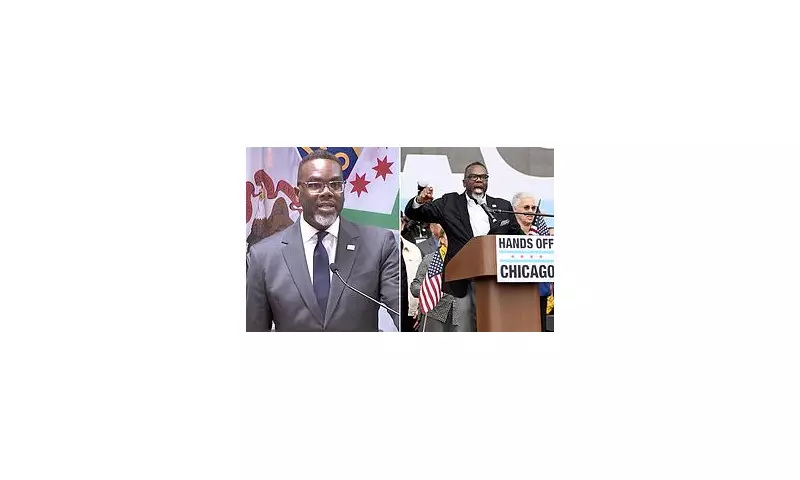
Chicago Mayor Brandon Johnson has ignited a political firestorm with his recent declaration positioning the city as a welcoming "sanctuary" for illegal immigrants, despite growing concerns about stretched resources and public services.
The Sanctuary City Standoff
In a move that has divided opinion across the political spectrum, Mayor Johnson has doubled down on Chicago's commitment to sheltering undocumented migrants. This comes as the city grapples with the practical realities of accommodating thousands of new arrivals while maintaining services for existing residents.
Resource Strain Reaches Breaking Point
Chicago's infrastructure is showing signs of significant strain as the city attempts to manage the influx. Local communities have reported:
- Overcrowded temporary shelters and housing facilities
- Increased pressure on healthcare and education systems
- Growing concerns among taxpayers about funding allocation
- Political divisions within the Democratic party itself
Political Fallout Intensifies
The mayor's position has placed him at odds with both conservative critics and moderate Democrats who argue the city lacks the capacity to handle the continuous flow of migrants. This stance represents a broader national debate about immigration policy and the role of sanctuary cities in the current border crisis.
A National Crisis Hits Home
Chicago's situation mirrors challenges faced by other major Democratic-led cities across the United States. The ongoing border crisis has forced local governments to confront federal policy shortcomings, creating a patchwork of approaches to migrant care and resettlement.
As the debate continues, Mayor Johnson remains steadfast in his commitment, though questions persist about the long-term sustainability of Chicago's sanctuary status amid growing financial and logistical pressures.





